EK1181
Human EPOR ELISA Kit
$299.00 – $419.00
ELISA Kit Detail Information
| Related Target | |
|---|---|
| Species | human |
| Sample Type | Serum, plasma, cell culture supernatant, and other biological samples |
| Sample Volume | 50 μL |
| Sensitivity | 0.42 pg/mL |
| Array Range | 7.81 pg/mL – 500 pg/mL |
| Assay Time | 3.5 h |
| Recovery | 87% – 118% |
| Average Recovery | 105% |
| Intra Precision | 2.5% – 3.0% |
| Inter Precision | 1.8% – 3.1% |
| Plate | Detachable 96-well plate |
| Storage | If the reagent kit is unopened, it should be stored at 4℃. However, if it has been opened, the standard solution should be stored at -20℃, while the other components should be stored at 4℃. |
| Delivery | 4℃ blue ice transportation |
| Components | 96-well polystyrene enzyme-linked immunosorbent assay (ELISA) plate coated with anti-EPOR monoclonal antibody Human EPOR freeze-dried standard EPOR detect Antibody Standard Diluent Assay Buffer(10×) Substrate TMB Stop Solution Washing Buffer(20×) Sealing Film |
| Assay Principle | This kit utilizes the double antibody sandwich enzyme-linked immunosorbent assay (ELISA) detection technique.Specific anti-human EPOR antibodies are precoated on a high-affinity ELISA plate. Standard samples, test samples, and the detection antibody labeled with horseradish peroxidase are added to the wells of the ELISA plate. After incubation, EPOR present in the samples binds to the solid-phase antibody and the detection antibody. After washing, a colorimetric substrate, TMB, is added and the plate is incubated in the dark for color development. The intensity of the color reaction is directly proportional to the concentration of EPOR in the samples.A stop solution is added to terminate the reaction, and the absorbance value is measured at a wavelength of 450 nm (with a reference wavelength range of 570-630 nm). |
Related Targets
EPOR
No description available.

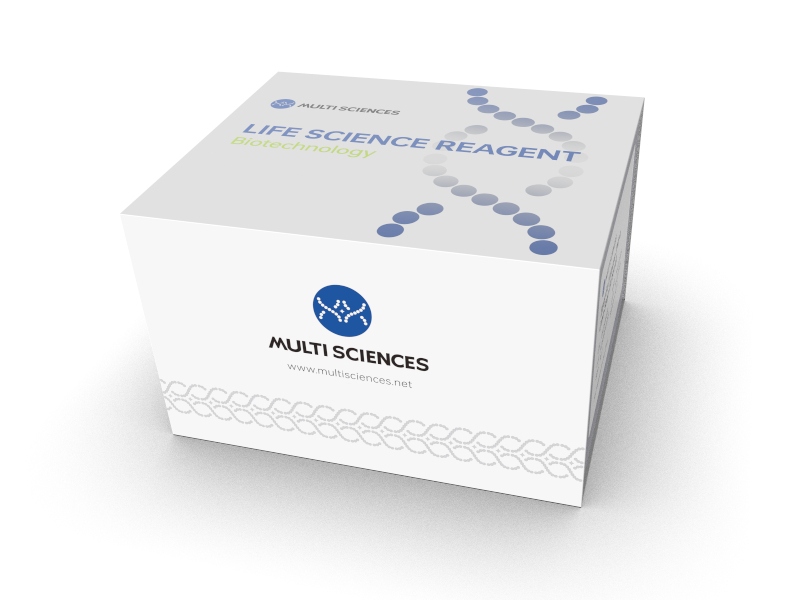
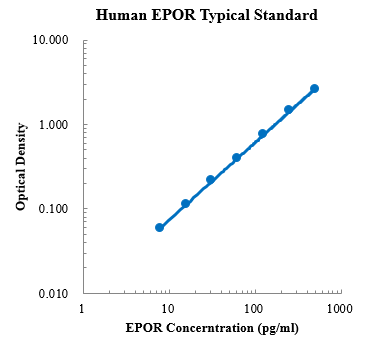
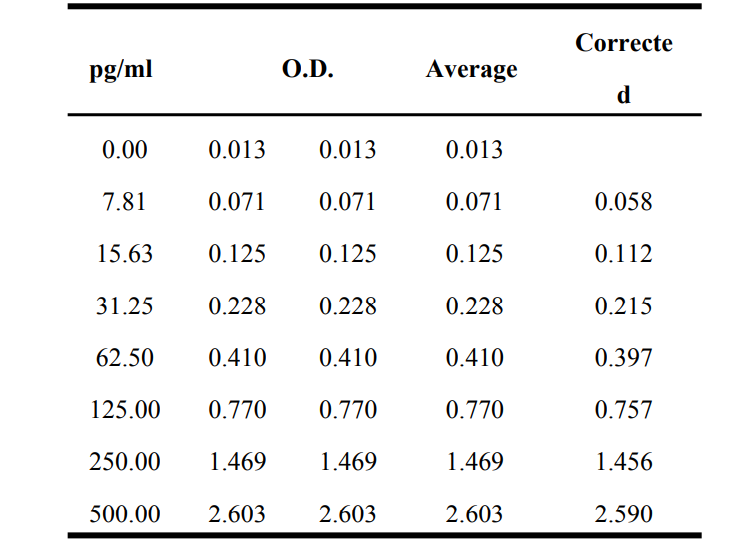

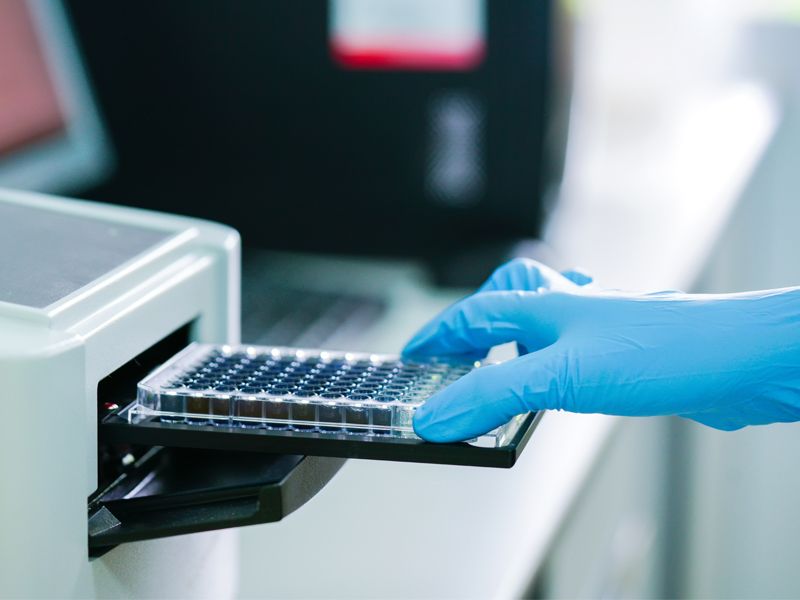
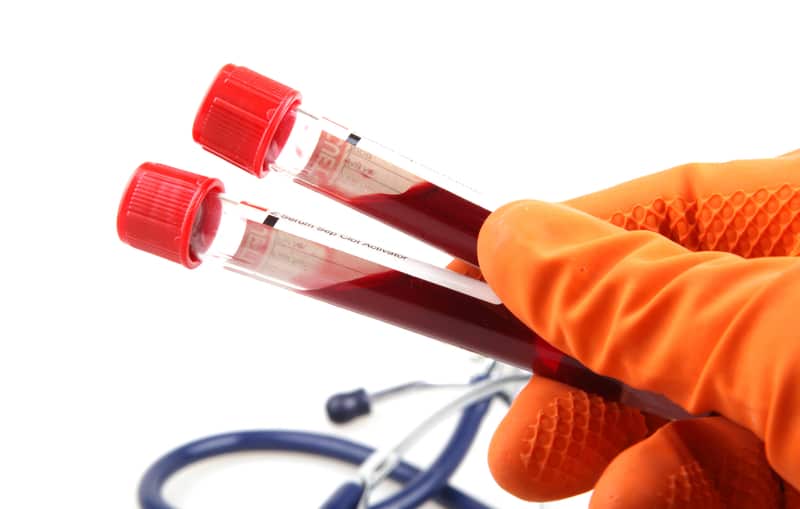

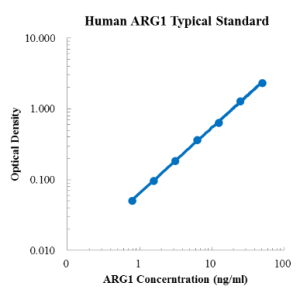
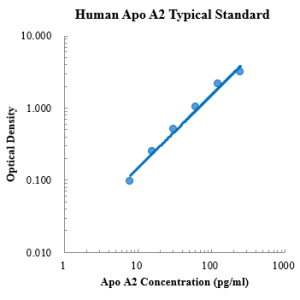
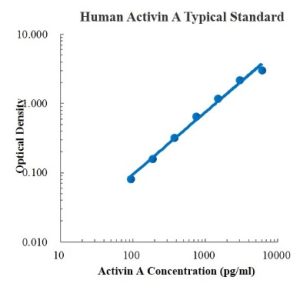
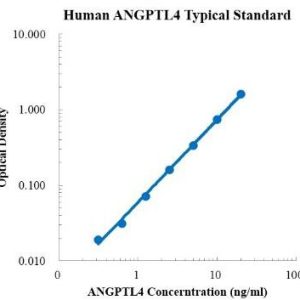
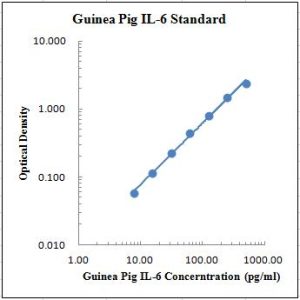
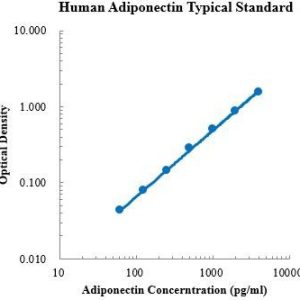
Reviews
There are no reviews yet.